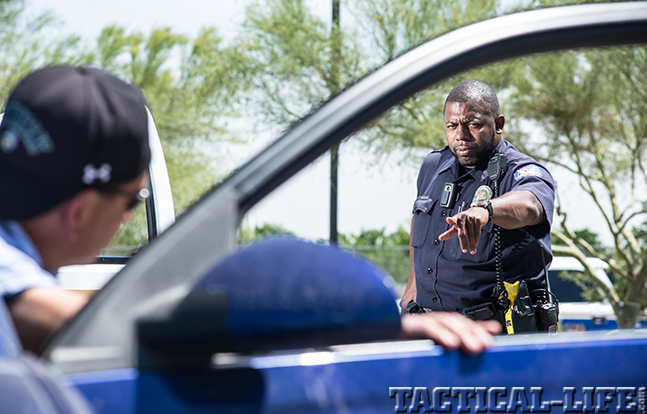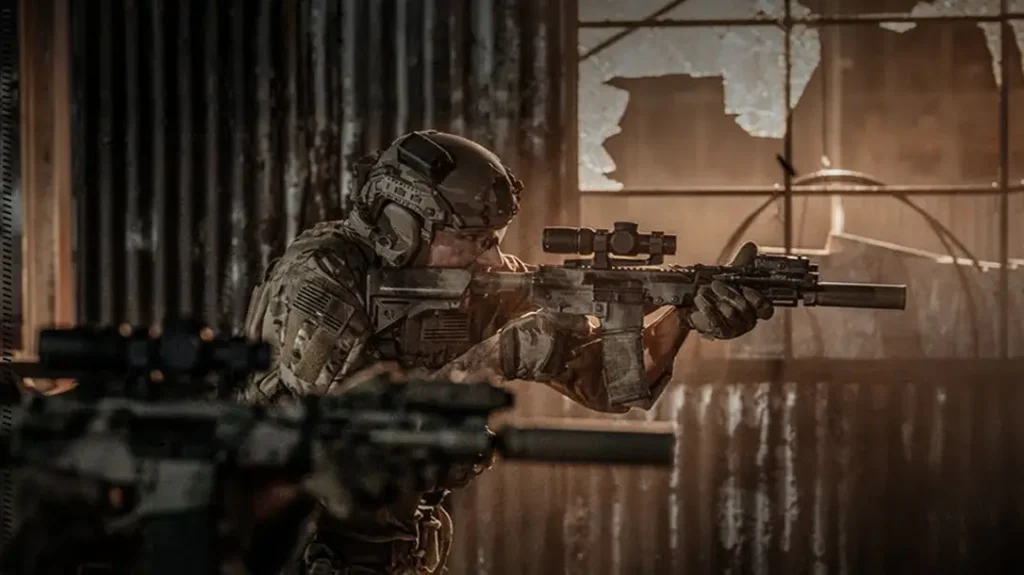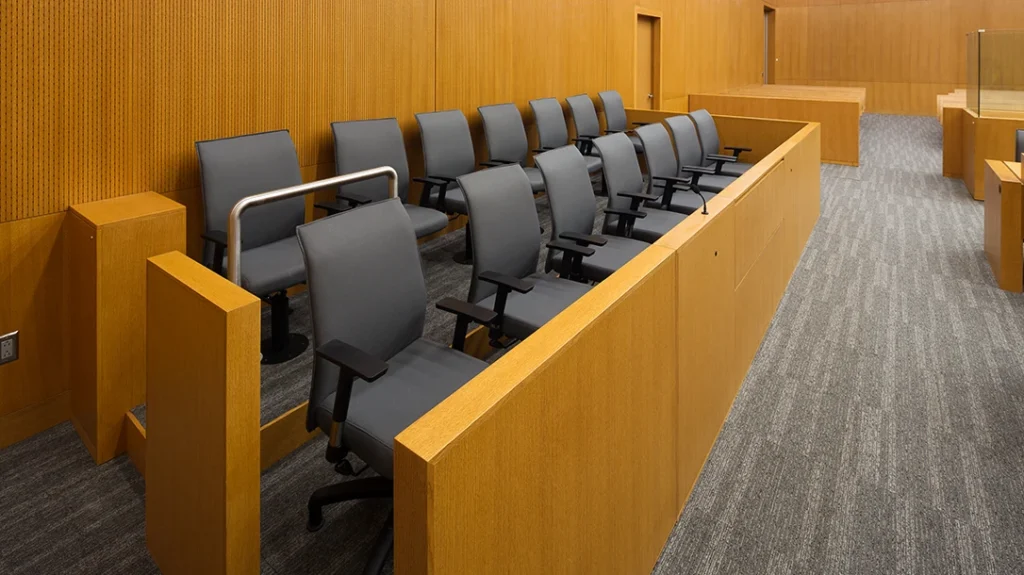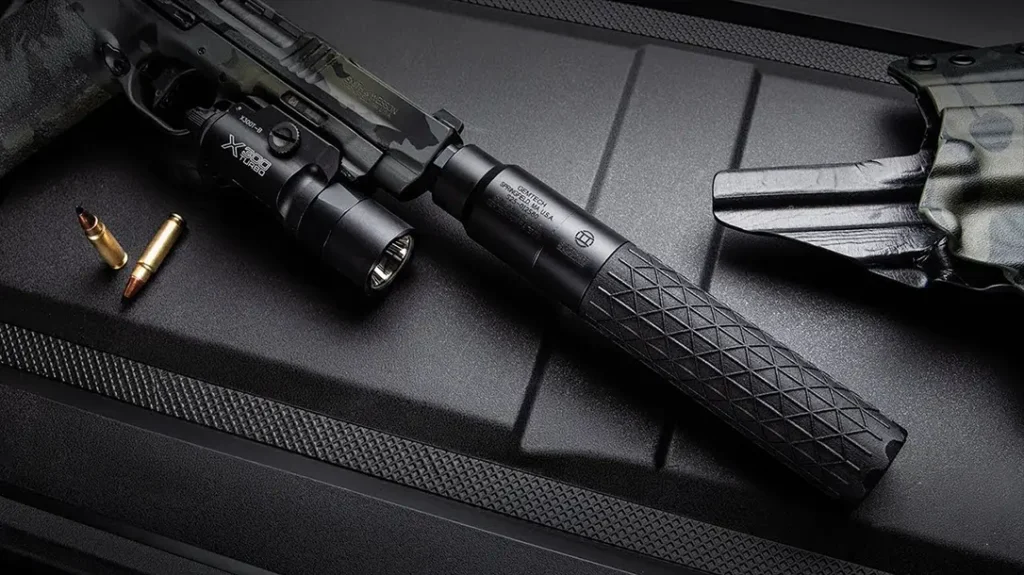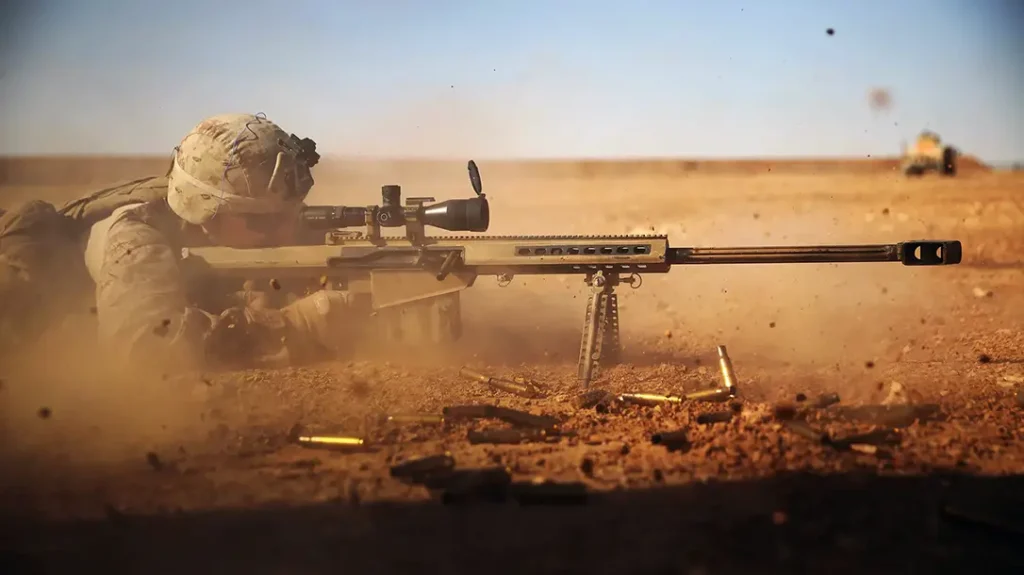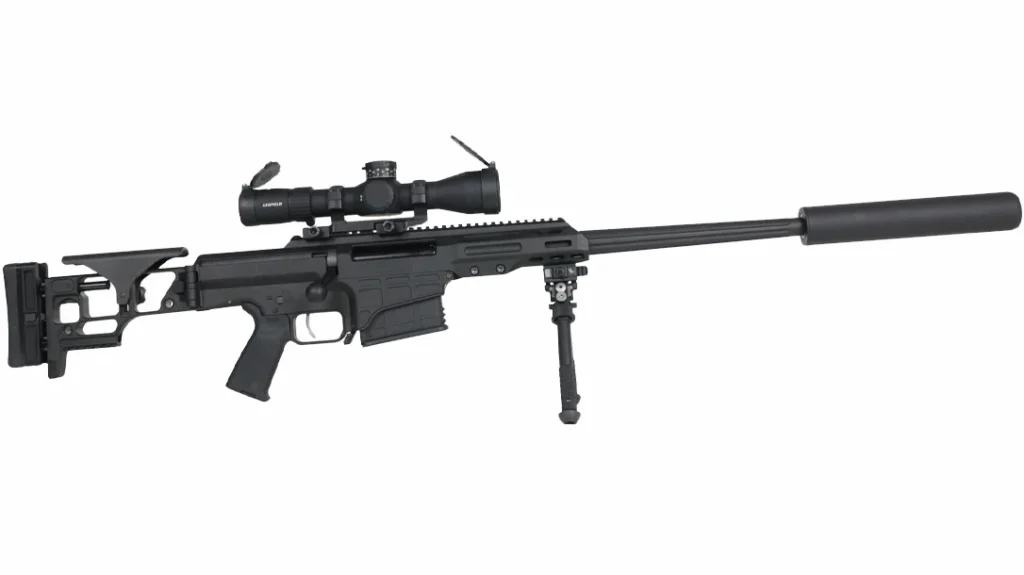Body-worn cameras are becoming more and more popular with law enforcement officers. With all of the lawsuits today against LEOs, they only make sense, as these cameras, like the VIEVU LE3, can record exactly how situations, including arrests, unfold for juries and review boards, often exonerating the officer in question. But there are more reasons why police should consider wearing body-worn cameras every time they set out on patrol. Read on to learn more.

1. Video recordings protect officers from unfounded complaints.

2. A body-worn camera can preserve evidence from field interviews, arrests and more situations common on the job.
Advertisement — Continue Reading Below

3. The videos can give a jury an actual look at the crime scene as the officer found it.

4. Body-worn recorders help departments determine what training should be done based on how officers handle calls. In other words, departments can alter their training regimens to reflect current callouts.

5. A video recorder can help ensure accountability for officer conduct. This is an incredibly useful tool that can save the time and expense required for a full-blown internal affairs investigation.
Advertisement — Continue Reading Below

6. Videos can be used to immediately exonerate officers in high profile incidents and improve public trust in the department.

7. Body-worn camera systems do not have moving parts and tend to be very reliable.

8. Body-worn camera systems go with the officer, and, unlike dashcams, are not dependent on the officer’s proximity to the patrol car.
Advertisement — Continue Reading Below

9. The cost of the units is minimal compared to the number of unfounded lawsuits that can be quashed before they are even filed.

10. When suspects are told they are being recorded, they may be less likely to fight or run from officers. This is an incredibly helpful aspect of today’s body-worn cameras.
